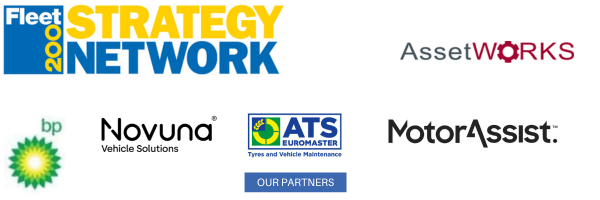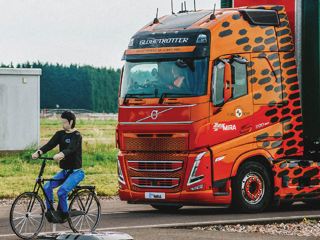Drivers are looking for more flexibility in their company car schemes at the same time as beneficial benefit-in-kind tax rates are making the schemes more attractive.
At the September Fleet200 Strategy Network meeting, a roundtable discussion of fleets found the following views shared:
- Organisations need to offer employees more flexibility when it comes to company car replacement cycles. Traditionally, they are provided on three- or four-year agreements, but add on lead times and you are looking at commitments that are five or six years and that is a long time. People might start a family, for example, but are then stuck in an unsuitable car with no flexibility to change.
- There is a future for the company car. They definitely have a role to play for people who are unable to access credit or want the convenience of having things like maintenance and insurance covered and managed by someone else.
- I like having a company car even though we offer a cash allowance, and it makes me nervous when people opt out of the company car scheme as we lose control over what vehicle they are driving on company business.
- We offer a cash allowance and we saw an increase in the number of people taking cash in the pandemic as they saw a car on their driveway that they didn’t use, but people are now looking to come into the scheme to get a new electric vehicle. We have had the same ratio of car drivers to cash takers fir the past five years.
- Vehicle reallocation is proving a problem. It’s not easy to give someone a two-year-old diesel car and tell them you expect them to stay in that for another two years.
- Badge appeal is reducing with the dawn of the electric car. Whereas in the past people wanted a BMW or Audi or other premium brand, we find people are looking more at the capability of an EV than the brand and are finding cars like Hyundai’s Ioniq 5 are becoming more popular.






















Login to comment
Comments
No comments have been made yet.